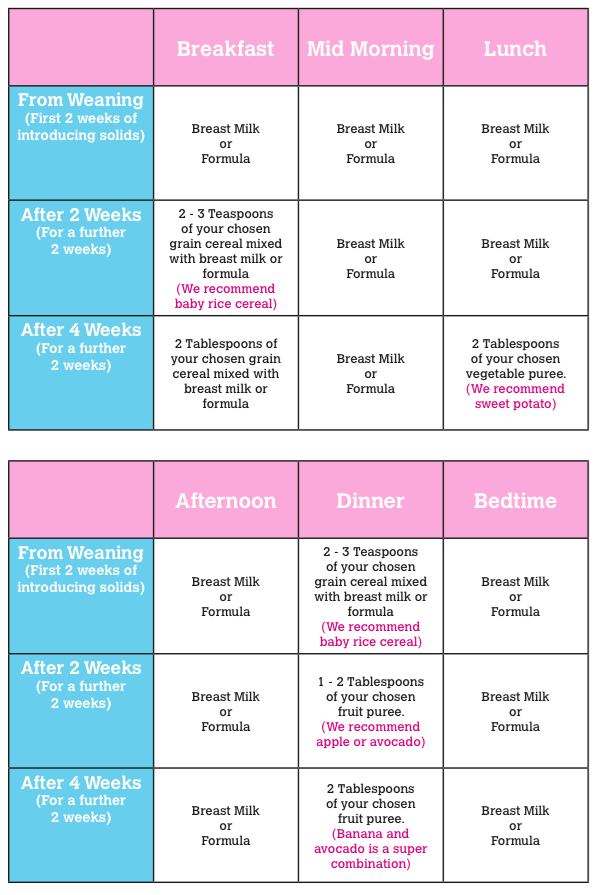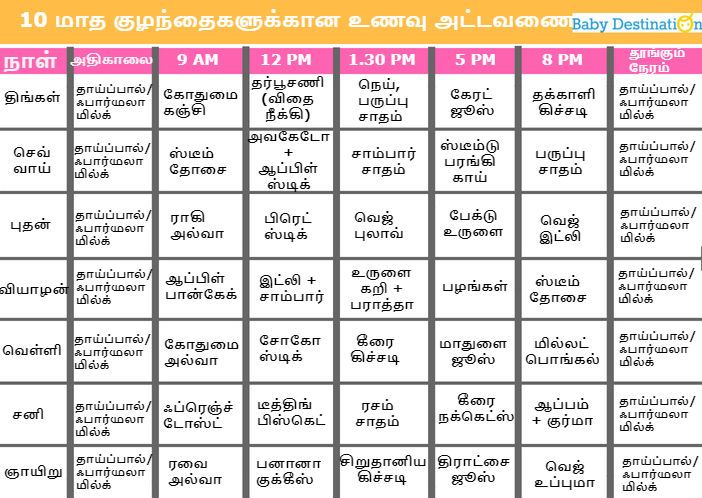Baby feeding consultant
Infant Feeding Specialist - Doula Training and Certification
"ProDoula is an approved provider of nursing professional development by the South Carolina Nurses Association, an accredited approver by the American Nurses Credentialing Center’s Commission on Accreditation."
This training is approved for 17 American Nurse Association continuing education units.This training must be attended in its entirety in order to benefit from the 17 continuing education hours approved by the American Nurse Association.
The foundation of this program rests in the knowledge that breastmilk is considered the biologically optimal food for babies, while also respecting and preparing the specialist to support and embrace the alternatives available for infant feeding.
We know how badly this knowledge is needed in our industry, by both birth workers and the clients we support.
- “The training was profound and provided 17 out of the required 24 CEU’s needed to renew my LPN license.
This is a hands on, interactive workshop incorporating actual people and actual tools, working through actual feeding scenarios and academics. You will leave this workshop ready to assist actual families. This training is innovative, inclusive, and unbiased and covers a myriad of topics relevant to the first 12 months of infant feeding. Infant Feeding Specialists are effectively, filling the gap between a parent successfully feeding their infant, and the need for an IBCLC or medical intervention. The Infant Feeding Specialist is an essential part of helping families achieve their feeding goals and maintaining their success.
Not to mention the historical information around breastfeeding you’ll learn, and other relevant health considerations for today’s modern families!
The process for becoming a Certified Infant Feeding Specialist, is as follows:
- Register for and attend an Infant Feeding Specialist Training
- Required reading (link to purchase) – Guilt-Free Bottle Feeding, by Madeleine Morris- Chapter 2 “Why bottle-feeding will not make your baby fat, sick or stupid”
- Successfully complete the Infant Feeding Specialist Certification Exam, including the following mediums:
- Multiple choice
- True/False
- Short answer
- Essay
- Client Profile
- IFS Oral Examination
- The ProDoula office will contact you with your exam results once all portions of your exam have been completed
This program was developed in coordination with the expertise of an RN, Certified Childbirth Educator, a veteran IBCLC, a 15-year (frustrated) CLC, and a 20-year seasoned Postpartum Doula. This training contains practical information on ALL ways to feed an infant, as well as extensive breastfeeding education. This is a stand-alone certification and is not affiliated or meant to be affiliated with any other program or credential.
This training contains practical information on ALL ways to feed an infant, as well as extensive breastfeeding education. This is a stand-alone certification and is not affiliated or meant to be affiliated with any other program or credential.
SimpliFed - Frequently Asked Questions
Check out our FAQ below and don’t hesitate to reach out day or night to get you the answers you deserve.
What is baby feeding and breastfeeding support by SimpliFed?
SimpliFed provides virtual judgment-free breastfeeding and baby feeding support from pregnancy to weaning. We offer inclusive baby feeding support for everyone, whether it is breastfeeding, chestfeeding, formula feeding, breast pumping, or donor milk. You can text us, call us, or sign up via our website to get started. Then we help get you started getting access to the care you deserve right away! Even if you don't meet us in pregnancy, we are happy to start working with you when you need us.
We love to start working with you during pregnancy to learn about your goals and provide information about what baby feeding looks like once baby has arrived. Then after baby is born, we continue to meet with you virtually along the way complimenting your in-person care, whether you’re struggling with latching, have questions about supply or pump schedules, deciding to wean, transitioning to returning to work, choosing a formula or understanding combo feeding. We trust moms to make the best decision for their families along their baby feeding journey, and we are here to support and encourage you!
Then after baby is born, we continue to meet with you virtually along the way complimenting your in-person care, whether you’re struggling with latching, have questions about supply or pump schedules, deciding to wean, transitioning to returning to work, choosing a formula or understanding combo feeding. We trust moms to make the best decision for their families along their baby feeding journey, and we are here to support and encourage you!
Who are your providers?
Our team of providers are highly qualified, vetted lactation consultants, nurses, nurse practitioners, physicians assistants, registered dieticians, and midwives. They are allied health professionals who provide inclusive, judgment-free feeding support to new parents surrounding feeding their baby whether they are breast/chest feeding, formula feeding, breast pumping, or using donor milk. Our lactation consultants are International Board Certified Lactation Consultants (IBCLCs). This credential means that the lactation consultant has done extensive training and many hours of practical, clinical experience with parents and their infants.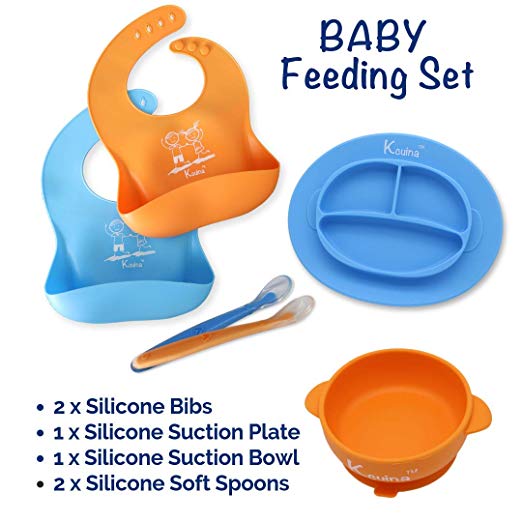 Essentially, if you encounter issues when feeding your baby, then they are here to support you!”
Essentially, if you encounter issues when feeding your baby, then they are here to support you!”
How can I tell if my health plan covers your services?
You can check your health plan coverage via this link here and we will get back to you within 1 business day. Breastfeeding support is a covered benefit under the Affordable Care Act. Health insurance plans must provide breastfeeding support, counseling, and equipment for the duration of breastfeeding. These services may be provided before and after birth.
What if my health plan does not cover SimpliFed?
We’ve got your back. Although we are not in-network with your insurance, we'd be happy to contact them on your behalf to learn about what your benefit does cover. You always have the option to self-pay, or use FSA/HSA dollars to cover the cost of care!. Our team of Allies will be happy to answer your questions and advocate on your behalf to find the best way to get you the care you deserve! We’re honored to go to bat for you and your family and to join your support team! If so, you can fill out this link here.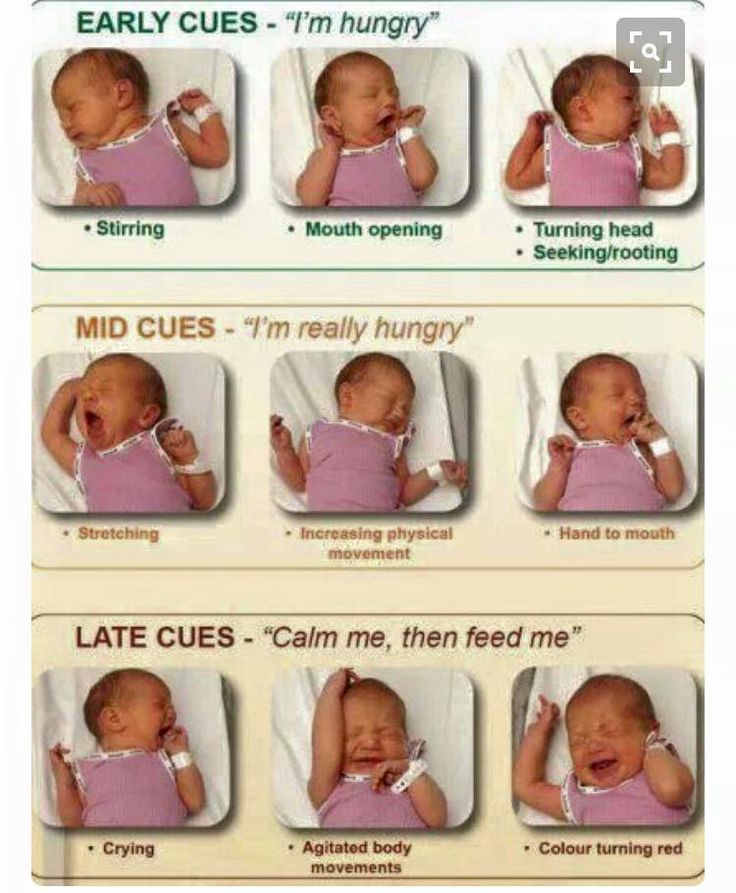 And you can read more about Feeding Support and the Affordable Care Act here: https://www.healthcare.gov/coverage/breast-feeding-benefits/
And you can read more about Feeding Support and the Affordable Care Act here: https://www.healthcare.gov/coverage/breast-feeding-benefits/
Are health plans required to cover breastfeeding support?
Insurers are required to provide comprehensive lactation support and counseling, and cover the cost of a breast pump. Plans cannot charge a patient a copayment, coinsurance, or deductible for these services when they are delivered by a network provider (and plans must offer a network provider). The “new” rules in the health care law requiring coverage of these services took effect on or after Aug. 1, 2012—for most health insurance plans. The Affordable Care Act requires insurance providers to cover certain preventive services, including breastfeeding support, supplies, and counseling, at no cost to you.
Learn more here: https://www.simplifed.com/itsyourright
What if I don’t have health insurance?
We are here to support you judgment-free and would be honored to provide you with a free, 15-minute virtual appointment.
How do I get in touch with you?
Text or call us at 888-458-1364, email [email protected] or fill out this form to sign up to start getting care.
Is your platform all virtual?
Yes! Our platform is 100% virtual and you can access our services at a scheduled time or on-demand within minutes 24/7 from the comfort and safety of your own phone. You can use your smartphone, tablet or computer to access the services via audio-only or video. You do not have to turn on your video if you don’t want!
Do I have to turn on my video?
You do not need to turn on your video. This is not required for us to provide you with high quality care.
Do I have to show my boob?
Nope! Our providers can help provide support whether you turn on our camera or not. We are here to support you in whatever way you feel most comfortable.
Do you provide support to those that are formula feeding fully or combo feeding?
Absolutely. We provide inclusive baby feeding support judgment-free no matter how you feed your baby.
What if I don't have a good internet connection?
Never fear. We can do audio-only if you do not have great internet. Also we can work with you to get access to wifi support to help support you in getting care. Sign up for our services and we will work to get you the resources you need to access our care.
Do you work with employers?
We do! Contact us by filling out this form, texting or calling us at 888-458-1364, and we will send you information to share with your employer. We partner with Milk Stork who works with employers to provide employees with access to this necessary service.
How long does it take to get an appointment?
We can schedule same day appointments, have night and weekend availability, and will help to schedule appointments in advance, too! Many of our patients like to schedule an appointment in the last trimester, then get an appointment on the calendar for a few days after baby's due date.
Do you work with parents during pregnancy?
Yes please! This is our preference because we can work with you to get you prepared for feeding your baby. This appointment is covered without cost sharing.
This appointment is covered without cost sharing.
Can I pay for my appointment without insurance, or out of pocket?
Absolutely! Sign up via our website to begin accessing care.
Do you take HSA/FSA?
Absolutely! Sign up via our website to begin accessing care or call or text our Allies who can help answer your questions about HSA/FSA!
Why do you provide care virtually via telehealth?
SimpliFed provides care virtually to complement in-person care delivery and improve access to ongoing care for families. Telehealth provides continuity of care for parents and reduces health plan costs. It also allows moms to access care from wherever works for them, whenever they need it. Lastly, telehealth removes traditional barriers to care such as lack of transportation, difficulty getting out of the house with a baby and other children, and challenges navigating sparse provider networks.
Is breastfeeding and baby support a real clinical speciality?
It is! Lactation and breastfeeding support is a clinical specialty proven to increase breastfeeding initiation and duration and is included in the ACA as a covered benefit.
What are moms saying about SimpliFed?
- “Being able to schedule via text was so easy as a mom with a newborn! I also really appreciated the virtual nature of the conversation. I was able to have the consultation in my car while waiting for my newborn's older sibling to have their doc appointment. I got my questions answered so quickly without having to drag the family to another office!”
- “My Provider was so helpful and helped ease the worries I had about my supply and that I needed to supplement with formula. She was compassionate and really cared about helping me. I left the appointment feeling so much better!”
And Dad’s love us too!
- “Our Provider was knowledgeable, friendly and supportive-Thank you so much! We really appreciate all your support! She was great! We already have our insurance claim order in for a new pump! We are looking forward to the coming days with our new education/understanding for breastfeeding “
How do health plans partner with SimpliFed?
We work with commercial, Medicaid, Marketplace and TRICARE health plans to improve access to breastfeeding support. These benefits improve breastfeeding initiation and duration, as well as health outcomes, clinical quality and member engagement, while reducing cost and utilization. Please fill out this short form to start collaborating.
These benefits improve breastfeeding initiation and duration, as well as health outcomes, clinical quality and member engagement, while reducing cost and utilization. Please fill out this short form to start collaborating.
Is breastfeeding support a mandated benefit?
Insurers are required to provide comprehensive lactation support and counseling, and cover the cost of a breast pump. Plans cannot charge a patient a copayment, coinsurance, or deductible for these services when they are delivered by a network provider (and plans must offer a network provider). The rules of the Affordable Care Act (ACA) requiring coverage of these services took effect on or after Aug. 1, 2012—for most health insurance plans. The ACA requires insurance providers to cover certain preventive services, including breastfeeding support, supplies, and counseling, at no cost to you. Also please see this resource from American College of Obstetricians and Gynecologists (ACOG) with further details.
Can providers refer to you?
Yes! We work with healthcare systems across the United States who refer to us as the baby feeding and breastfeeding specialists.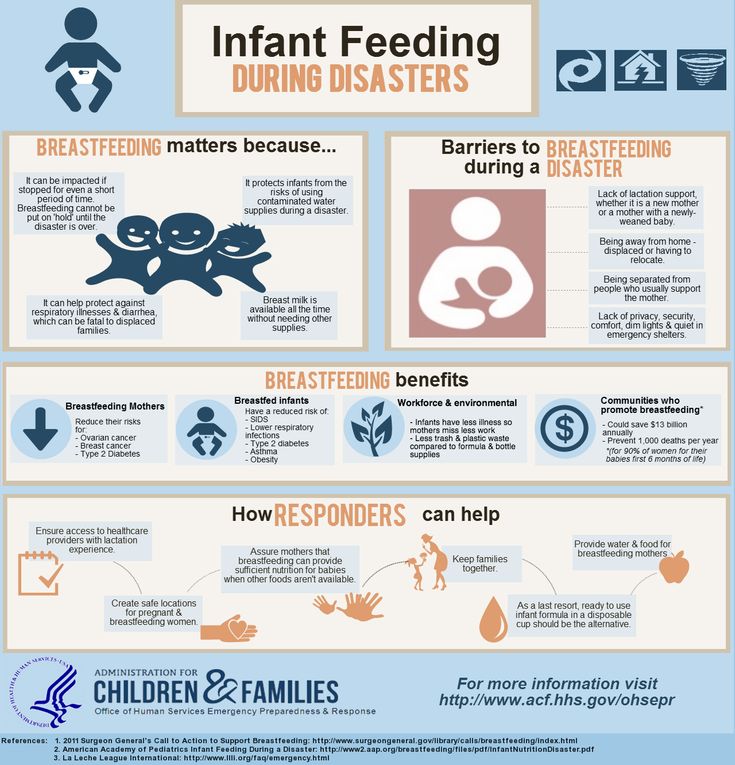 In particular, we commonly work with OB/GYNs, midwives, pediatricians, nurse practitioners, nurses, care managers, women’s health providers, community doulas, WIC, and primary care providers who refer directly to us during pregnancy or postpartum. We provide ongoing care covered by health plans. Please fill out this short form to start collaborating.
In particular, we commonly work with OB/GYNs, midwives, pediatricians, nurse practitioners, nurses, care managers, women’s health providers, community doulas, WIC, and primary care providers who refer directly to us during pregnancy or postpartum. We provide ongoing care covered by health plans. Please fill out this short form to start collaborating.
How do you work with in-person care delivery?
Our approach is 100% virtual designed to complement in-person care as part of the perinatal care experience. This provides continuity of care for parents from the clinic, hospital or birth center, or wherever else they access healthcare. SimpliFed provides care virtually to augment in-person care delivery and improve access to ongoing care for families. Telehealth provides continuity of care for parents and reduces health plan costs. It also allows moms to access care from wherever works for them, whenever they need it. Lastly, telehealth removes traditional barriers to care such as lack of transportation, difficulty getting out of the house with a baby and other children, and challenges navigating sparse provider networks.
What is the evidence behind breastfeeding and baby feeding support?
There is a whole body of evidence surrounding baby feeding support provided by IBCLCs. As one example, a study found that women supported by IBCLCs with instruction and support for breastfeeding were more than four times as likely to fully breastfeed their infant at one month and nearly three times more likely to breastfeed at three months, compared with the control group.
How do you measure quality?
Through our care experience, SimpliFed aims to track breastfeeding outcomes, maternal mental health, healthcare utilization, and patient and provider satisfaction. We look at breastfeeding initiation and duration, attendance to postpartum visits according to ACOG guidance, net promoter score (currently above 80!), and postpartum depression screening.
Breastfeeding advice: experienced doctors will share their opinion and suggest how to do it right
Breastfeeding advice is essential for almost every new mother. The help of an experienced specialist helps to ensure a complete healthy diet for the newborn, which is the key to the normal growth and development of the crumbs. Breastfeeding is one of the most important elements in the formation of a baby's health. But there are a number of problems that many women face. They may suffer from cracks and engorgement of the nipples, soreness, nervousness and tearfulness of the child, falling asleep in the process. Such problems often arise due to incorrect or insufficient awareness of the mother. Eliminate them and help professionals.
The help of an experienced specialist helps to ensure a complete healthy diet for the newborn, which is the key to the normal growth and development of the crumbs. Breastfeeding is one of the most important elements in the formation of a baby's health. But there are a number of problems that many women face. They may suffer from cracks and engorgement of the nipples, soreness, nervousness and tearfulness of the child, falling asleep in the process. Such problems often arise due to incorrect or insufficient awareness of the mother. Eliminate them and help professionals.
Consultants conduct individual trainings, within which:
- Finding the right position for a new mother to feed
- Demonstrate how to properly apply the baby
- Explain the importance of skin contact between mother and baby
Why is breastfeeding important?
Such feeding ensures the harmonious intellectual, physiological and psycho-emotional development of the child, prevents the risks of developing infectious, inflammatory and other diseases, reduces the likelihood of infant mortality due to pneumonia, diarrhea and other pathological conditions. Children who have grown up on mother's milk become more independent and confident, in the future they suffer less than their peers from asthma, childhood leukemia, necrotizing enterocolitis, ear infections, obesity, allergies, type 1 and type 2 diabetes.
Children who have grown up on mother's milk become more independent and confident, in the future they suffer less than their peers from asthma, childhood leukemia, necrotizing enterocolitis, ear infections, obesity, allergies, type 1 and type 2 diabetes.
In addition, breastfeeding contributes to the health of the woman herself. The process allows:
- Reduce the risk of developing breast and ovarian cancer
- Reduce the likelihood of cardiovascular disease
- Stabilize mental health after childbirth
- Improve quality of life
Breastfeeding allows you to provide natural contraception for 5-6 months after childbirth. The menstrual cycle with a regular diet of crumbs does not resume. A slender figure is also guaranteed (in the absence of concomitant pathologies). About 400-500 calories per day are spent on feeding. This is especially true for women who gained excess weight during pregnancy, but for some reason cannot start going to the gym. Breastfeeding also provides an opportunity to reduce financial costs. Quality blends of well-known brands are quite expensive. During lactation, a woman receives a sufficient amount of free time. The child is less sick, does not require complex care and treatment.
Breastfeeding also provides an opportunity to reduce financial costs. Quality blends of well-known brands are quite expensive. During lactation, a woman receives a sufficient amount of free time. The child is less sick, does not require complex care and treatment.
When switching to artificial mixtures or with improper feeding in a baby:
- Impaired immunity
- Obesity may occur
- Gastroenteritis and enterocolitis occur
- Other pathologies develop
Women face:
- Pain while suckling at the breast
- Lactostasis
- Mastitis
- Loss of milk
- Rapid weight gain
- Risk of developing diabetes and metabolic syndrome
In addition, the likelihood of unwanted pregnancy, the development of cancer, and the occurrence of postpartum depression increases.
When do I need advice on breastfeeding?
You need to use the services of professionals in the following cases:
- If the child is naughty, refuses to eat, bites, cries or falls asleep
- If there are problems with the chair
- When baby spit up milk
- Premature newborn
- Birth of twins or triplets
- Milk stasis, deficiency or excess
- For sore breasts, retraction, engorgement and cracking of the nipples
- For asymmetric changes in the size of the mammary glands
- If the newborn is obese or underweight
Also, consultants will provide support if a young mother is forced to go to work or leave home for a long time for other reasons, wants to stop feeding her child.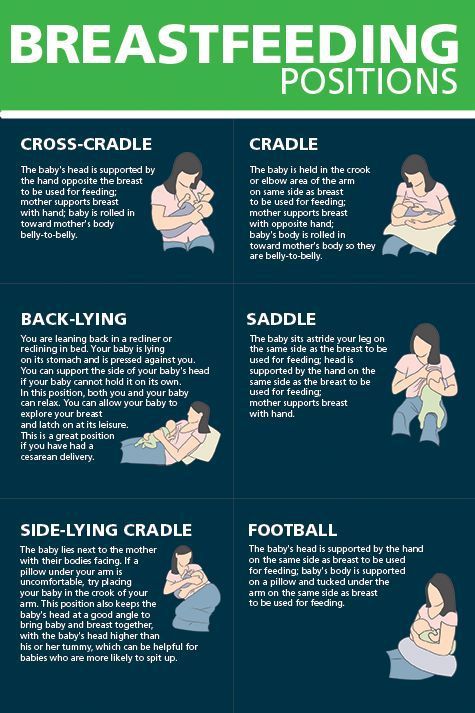
Important! In some cases, you should contact mammologist surgeons. Such specialists help with severe pain, the appearance of redness and induration in the mammary glands, the discharge of pus from the nipples, an increase in the overall body temperature, and an increase in the lymph nodes in the armpits. Make an appointment as soon as possible, as such conditions are dangerous to health.
What will the lactation specialist do when he arrives at home?
The consultant will assess the situation and develop a further action plan. The specialist will show how to properly feed the child, help to work out the technique of the process. If necessary, he will teach the young mother to use special devices. As a rule, the visit of a professional lasts 1-2 hours. The time of the visit must be agreed in advance. It should coincide with the feeding period.
Consultant:
- Studying mother's behavior, listening to her complaints, answering questions
- Assesses the infant's well-being and behavior, weight gain, type of stool and amount of urine produced
- Examines the mammary glands of a woman
- Selects the optimal postures that are comfortable for both mother and baby
- Conducts a feeding master class
- Teaches you how to take care of your breasts
- Explains how to prevent complications
- Helps in choosing comfortable bras
- Composes an individual diet for a breastfeeding woman
- Talks about taking medications and eating certain foods
Calling a specialist at home.
 Service benefits
Service benefits Consulting a breastfeeding specialist at home has many benefits. These include:
- Familiar home environment
- Possibility of a visit at a convenient time
- No need for a long wait
By calling a specialist at home, you do not have to go with your child to a medical facility, sit in a queue, and expose your baby to the risk of contracting various diseases. A professional will be able to give maximum attention to all existing problems. If necessary, not one, but several consultations are held. The specialist can come as many times as necessary.
Benefits of contacting MEDSI
- Complete consultations on breastfeeding. MEDSI specialists will not only tell you about all the rules, but also help prevent complications arising from the wrong actions of a young mother
- Possibility of leaving the house. A specialist can come to you when it is most convenient. Home use will eliminate stiffness and other restrictions.
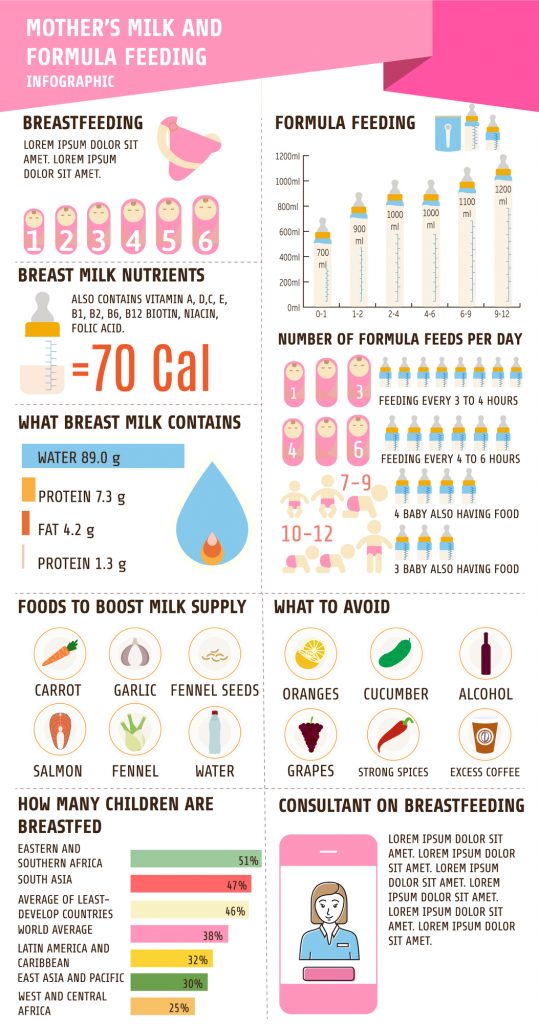 This will create an atmosphere of trust
This will create an atmosphere of trust - Experienced consultants. Our specialists have been working for a long time, constantly improving their skills, applying modern methods and techniques
- Joint work of several professionals. If necessary, you can also seek support from our other doctors
- Ability to diagnose potential pathological conditions. All examinations in MEDSI can be completed as soon as possible
If you want to clarify the price of a breastfeeding consultation or seek the help of professionals, call +7 (495) 7-800-500.
How to get help with breastfeeding | help with breastfeeding
Many mothers need help with breastfeeding, especially in the first days after giving birth. Where can you get it?
Share this information
Some mothers breastfeed easily, but many need help. There are many ways to avoid problems and start breastfeeding successfully.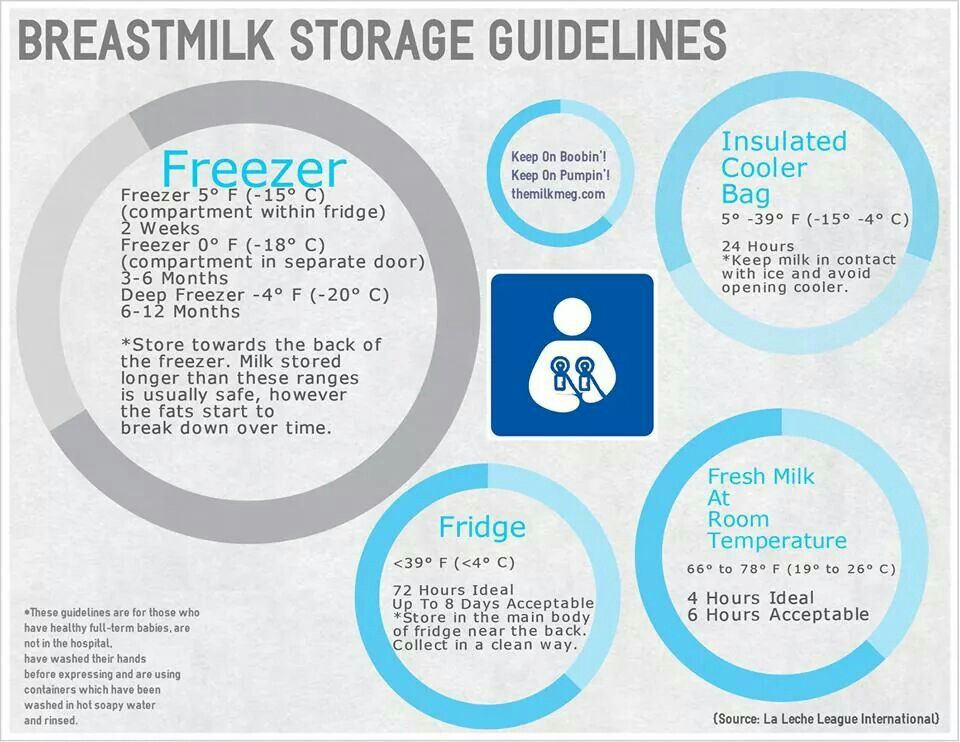
Before the birth of a child
Every mother-to-be would do well to take courses for pregnant women. In these courses, you will learn the importance of skin-to-skin contact in triggering milk production and receive other helpful breastfeeding tips. The course leader can provide you with a list of local lactation consultants and breastfeeding support groups. If the manager does not have this information, find out about local specialists, hotlines and support services yourself.
Be sure to include breastfeeding and early skin-to-skin contact with your baby in your birth plan. It is important that the medical staff is aware of your wishes.
Who can provide breastfeeding support?
Seek help immediately after giving birth if you need it. Small problems can quickly turn into big ones, but most of them are easy to fix if you take action right away.
Medical professionals such as obstetricians, nurses and physicians often have basic breastfeeding training.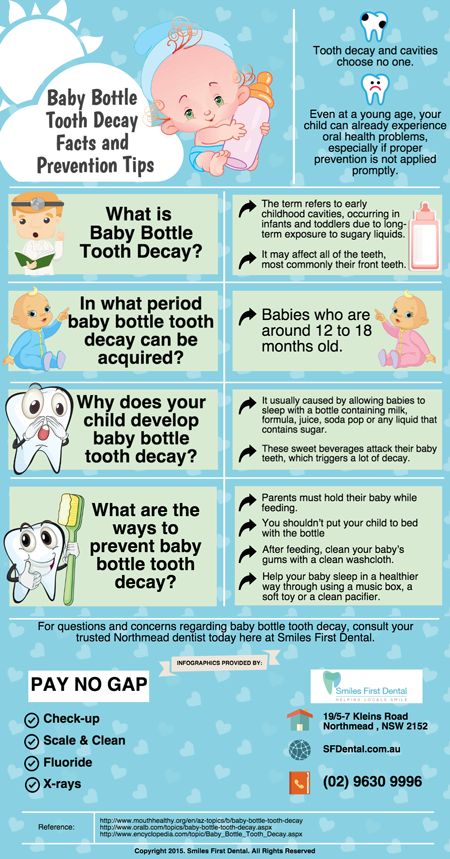 If you have more complex problems, you should contact professionals with a narrow specialization. These are lactation consultants (including self-help and breastfeeding support professionals).
If you have more complex problems, you should contact professionals with a narrow specialization. These are lactation consultants (including self-help and breastfeeding support professionals).
Self-help members
These are mothers who have experienced breastfeeding and have been trained to help with common problems. They can assess whether the baby is latching on well and getting enough milk. If the grip is wrong, they can suggest a more comfortable position for feeding. For more serious problems, they can recommend a qualified technician.
Breastfeeding support specialists
Breastfeeding support professionals (eg, La Leche Liga, AKEV) have more knowledge and can help with more serious problems, such as if the baby is not gaining enough weight or does not want to latch on.
Lactation Counselors
Lactation Counselors help with more complex problems. It can diagnose insufficient milk production and assist with breastfeeding premature babies.
What problems can experts help with?
Here are some of the most common breastfeeding problems and links to detailed articles on them.
Latching problems
Ideally, a newborn baby will be able to latch on by himself in the first few hours of life. If this does not happen, or if the latch makes you uncomfortable, the obstetrician or self-help member can check that you are properly latching on to your baby. If the maternity hospital has already performed such a check, but the problem has not been solved, do not hesitate to ask for it again. If the baby does not take the breast after a day, and you have already been discharged from the hospital, contact a consultant for further support. Read more in the article on the correct grip on the chest.
Sore nipples
This problem is almost always due to the fact that the baby does not latch on properly. A member of the self-help movement or a breastfeeding support specialist will suggest a better position for the baby. If you experience severe pain or inflammation that does not go away even after changing position, seek the help of a consultant to find out the cause. Read more in the article about sore nipples.
If you experience severe pain or inflammation that does not go away even after changing position, seek the help of a consultant to find out the cause. Read more in the article about sore nipples.
Breast swelling
The best way to avoid breast swelling (a condition that occurs on the second or fourth day after birth, when the breasts fill up and harden from incoming milk) is to feed your baby often. Your lactation consultant will teach you how to massage your breasts and how to express milk manually or with a breast pump to help relieve discomfort. If you are unable to breastfeed your baby due to swelling of the mammary glands, you should consult an obstetrician. Read more in the article about swelling of the mammary glands.
Problems with milk production
Many mothers in the first days after giving birth worry that they are not producing enough milk. A self-help member, obstetrician or nurse will help you calm down and explain that during this period it is perfectly normal for a child to ask for a breast every one to two hours.







